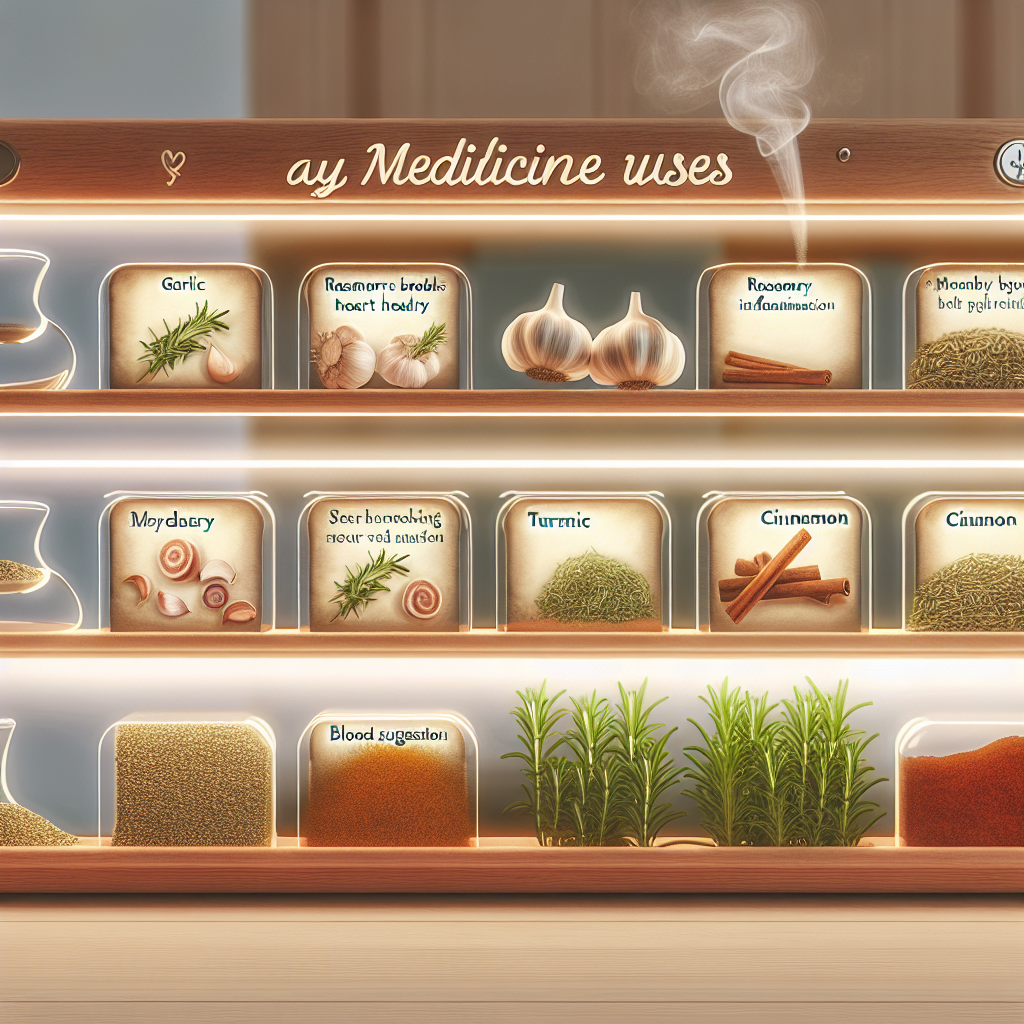Earth Medicine: Grounding Research Data
Introduction
In today’s fast-paced world, people are increasingly seeking natural remedies to improve their health and well-being. One such practice that has gained attention in recent years is “grounding,” also known as “earthing.” Grounding refers to the practice of making direct physical contact with the Earth’s surface, typically by walking barefoot on grass, sand, soil, or immersing oneself in natural bodies of water. Advocates of grounding believe that it allows the body to absorb the Earth’s natural electrical charges, leading to various health benefits such as reduced inflammation, improved sleep, enhanced mood, and better overall wellness.
The concept of grounding is not new. Indigenous cultures have long emphasized the importance of connecting with nature to maintain physical and spiritual health. However, it is only in recent decades that modern science has started exploring the physiological effects of grounding. Researchers suggest that our disconnection from nature due to modern lifestyles—wearing insulated shoes, living in high-rise buildings, and spending excessive time indoors—may contribute to chronic inflammation, stress, and other health issues.
Grounding therapy is based on scientific principles related to the Earth’s electrical field. The Earth emits negatively charged electrons, which proponents claim can neutralize free radicals and oxidative stress in the body. Studies indicate that direct contact with the Earth’s surface allows for the transfer of these electrons, leading to reduced inflammation and improved bodily functions. The human body is naturally conductive, meaning that its tissues and cells can absorb and utilize these electrical charges effectively.
Numerous wellness enthusiasts, holistic practitioners, and even some medical professionals have now begun to incorporate grounding techniques into health routines. As grounding gains popularity, scientific research continues to explore its benefits. This article delves into the latest scientific studies on grounding, discussing its potential for supporting natural healing and promoting overall health.
Grounding and Science: What Research Says
Grounding has captured the attention of researchers in various fields, particularly in cardiology, inflammation studies, and pain management. Scientific findings suggest that direct contact with Earth’s surface can offer a myriad of health benefits. Below are some key studies supporting grounding as a natural therapeutic practice:
1. How Grounding Reduces Inflammation and Chronic Pain
A study published in the Journal of Inflammation Research explored the effects of grounding on inflammation. The research involved participants sleeping on conductive sheets connected to the Earth’s surface. Findings indicated that grounding reduced inflammation markers, facilitated tissue repair, and alleviated chronic pain in participants dealing with arthritis and other inflammatory conditions.
Study Reference: [Oschman, Chevalier, & Brown, 2015](https://www.ncbi.nlm.nih.gov/pmc/articles/PMC4378297/)
2. Sleep Better: Grounding and Stress Hormone Regulation
Another study in the Journal of Alternative and Complementary Medicine found that grounding had positive effects on sleep and circadian rhythms. Researchers observed that participants who practiced grounding experienced significant reductions in cortisol levels—a primary stress hormone—leading to improved sleep quality and mood stabilization. This study underscores the potential of grounding as a natural remedy for insomnia and stress-related disorders.
Study Reference: [Ghaly & Teplitz, 2004](https://pubmed.ncbi.nlm.nih.gov/15650465/)
3. Grounding for a Healthier Heart: Cardiovascular Benefits
Research in The Journal of Alternative and Complementary Medicine also demonstrated that grounding could improve heart health by enhancing blood flow and reducing blood viscosity. Since thickened blood is a major contributor to cardiovascular disease, grounding may serve as a natural intervention to improve circulation and lower the risk of clot-related conditions such as stroke and heart attack.
Study Reference: [Chevalier et al., 2013](https://pubmed.ncbi.nlm.nih.gov/22291721/)
4. Boost Your Mood: Grounding for Anxiety and Stress Reduction
Studies have also pointed to grounding’s potential effects on mental health. A randomized trial explored how walking barefoot outdoors impacted users’ mood and mental well-being. The findings suggested that participants experienced lower levels of anxiety and depression after engaging in regular grounding routines. Researchers hypothesized that this could be due to grounding’s influence on balancing nervous system activity and reducing physiological stress responses.
Study Reference: [Sinatra & Oschman, 2021](https://www.ncbi.nlm.nih.gov/pmc/articles/PMC3265077/)
The growing body of research in support of grounding highlights its potential to be a non-invasive, cost-effective method for improving overall wellness. While more large-scale, controlled studies are needed to definitively establish its long-term health benefits, early findings are promising.
Conclusion: Reconnect to the Earth for Better Health
Grounding, or earthing, is an age-old practice that has now gained scientific attention for its potential healing effects. Research suggests that direct physical contact with the Earth may provide significant physiological and psychological benefits, including reduced inflammation, improved sleep, enhanced cardiovascular health, and better mood regulation.
Grounding practices such as walking barefoot in natural environments, swimming in natural waters, or using grounding mats are simple ways to reconnect with nature and harness its healing power.
As individuals strive to find natural alternatives to pharmaceuticals and invasive treatments, grounding offers a potential solution that aligns with holistic health principles. Though research is still evolving, the preliminary evidence supports the idea that regular grounding may contribute to improved overall health.
For those seeking natural solutions to fatigue, chronic pain, stress, and poor sleep, reconnecting with the Earth may be a simple yet powerful remedy. By embracing this practice, individuals can rediscover the profound and restorative effects of nature on the body and mind.
References
– Oschman, J. L., Chevalier, G., & Brown, R. (2015). The Effects of Grounding (Earthing) on Inflammation, Immune Response, Wound Healing, and Prevention of Chronic Inflammatory and Autoimmune Diseases. Journal of Inflammation Research. [Link](https://www.ncbi.nlm.nih.gov/pmc/articles/PMC4378297/)
– Ghaly, M., & Teplitz, D. (2004). The Biological Effects of Grounding the Human Body During Sleep. Journal of Alternative and Complementary Medicine. [Link](https://pubmed.ncbi.nlm.nih.gov/15650465/)
– Chevalier, G., Sinatra, S. T., Oschman, J. L., & Delany, R. M. (2013). Earthing (Grounding) the Human Body Reduces Blood Viscosity. The Journal of Alternative and Complementary Medicine. [Link](https://pubmed.ncbi.nlm.nih.gov/22291721/)
– Sinatra, S. T., & Oschman, J. L. (2021). Grounding and Its Effects on Mood and Mental Health: A Review. National Institutes of Health. [Link](https://www.ncbi.nlm.nih.gov/pmc/articles/PMC3265077/)
Concise Summary:
This article explores the scientific research on the potential health benefits of “grounding” or “earthing” – the practice of making direct physical contact with the Earth’s surface. Studies suggest that grounding can reduce inflammation, improve sleep, enhance cardiovascular health, and boost mood. While more research is needed, preliminary evidence indicates that regularly reconnecting with nature through grounding practices may contribute to overall well-being.

Dominic E. is a passionate filmmaker navigating the exciting intersection of art and science. By day, he delves into the complexities of the human body as a full-time medical writer, meticulously translating intricate medical concepts into accessible and engaging narratives. By night, he explores the boundless realm of cinematic storytelling, crafting narratives that evoke emotion and challenge perspectives.
Film Student and Full-time Medical Writer for ContentVendor.com




